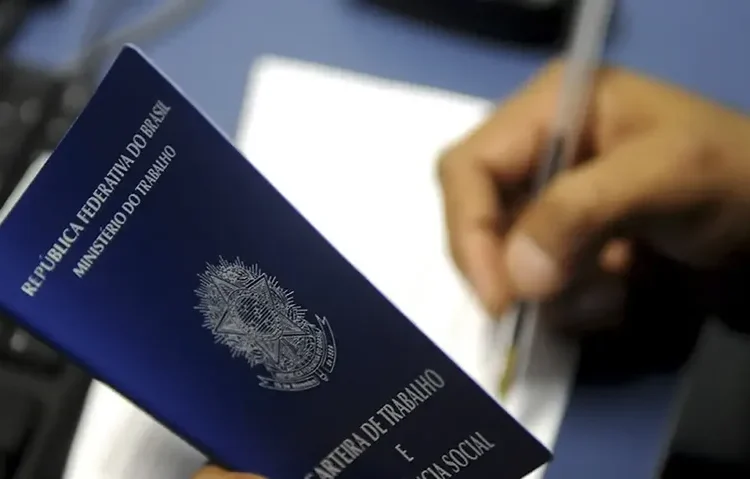While U.S. President Donald Trump targets Brazil with steep tariffs, the Brazilian economy is moving in the opposite direction, with improving indicators that contrast with a slowdown in the United States. In the U.S., inflation and unemployment have been rising; in Brazil, the jobless rate has hit a record low and consumer prices are falling.
At the end of this year’s first quarter, Brazil’s official statistics agency IBGE reported that just 5.8% of workers were unemployed, the lowest rate on record and the first time it fell below 6%. In June, the country’s consumer price index (IPCA) rose by only 0.24%, continuing a downward trend since February.
In contrast, the U.S. economy added only 35,500 jobs per month in the quarter ending in July, excluding agricultural work, according to the Federal Reserve (FED), marking the weakest result since the 2020 pandemic. Inflation there rose from 0.1% to 0.3% between May and June, shortly after Trump announced tariffs on nearly all imported goods.
In July, the U.S. president imposed an additional 50% tariff on Brazilian exports, except for 694 products, in retaliation for criminal charges against former president Jair Bolsonaro. So far, Brazil’s economy has not felt the impact, but negative effects are already visible in the U.S.
Economists José Luis Oreiro and Eric Gil Dantas highlight a “divergent trajectory”: inflation in Brazil is easing and unemployment is falling, while in the U.S. both indicators are worsening. “The Brazilian economy is at its peak,” Dantas said. “We have the lowest unemployment in history and the highest labor income, showing that people’s lives are improving.”
Experts stress that, structurally, the U.S. economy remains more developed, with lower unemployment and higher wages, but acknowledge that at this moment it is losing momentum. “It’s not that Brazil’s absolute numbers are better, it’s the trend that stands out,” explained economist Mauricio Weiss.
The U.S. also faces long-term deindustrialization, according to Weslley Cantelmo of the Institute for Economies and Planning. Trump’s tariff policy aimed to bring manufacturing back home, but so far has mainly fueled inflation. Economist Roberto Goulart Menezes adds that the plan to boost revenue through trade barriers has also failed, as the U.S. public deficit continues to grow.
In Brazil, by contrast, government spending has increased alongside a reduction in the deficit. Economist Pedro Faria attributes this to taxing the wealthy and supporting the poorest, boosting domestic demand. “The minimum wage generates strong demand because it distributes income to those most likely to spend it. That creates real momentum for the economy,” Weiss said.




